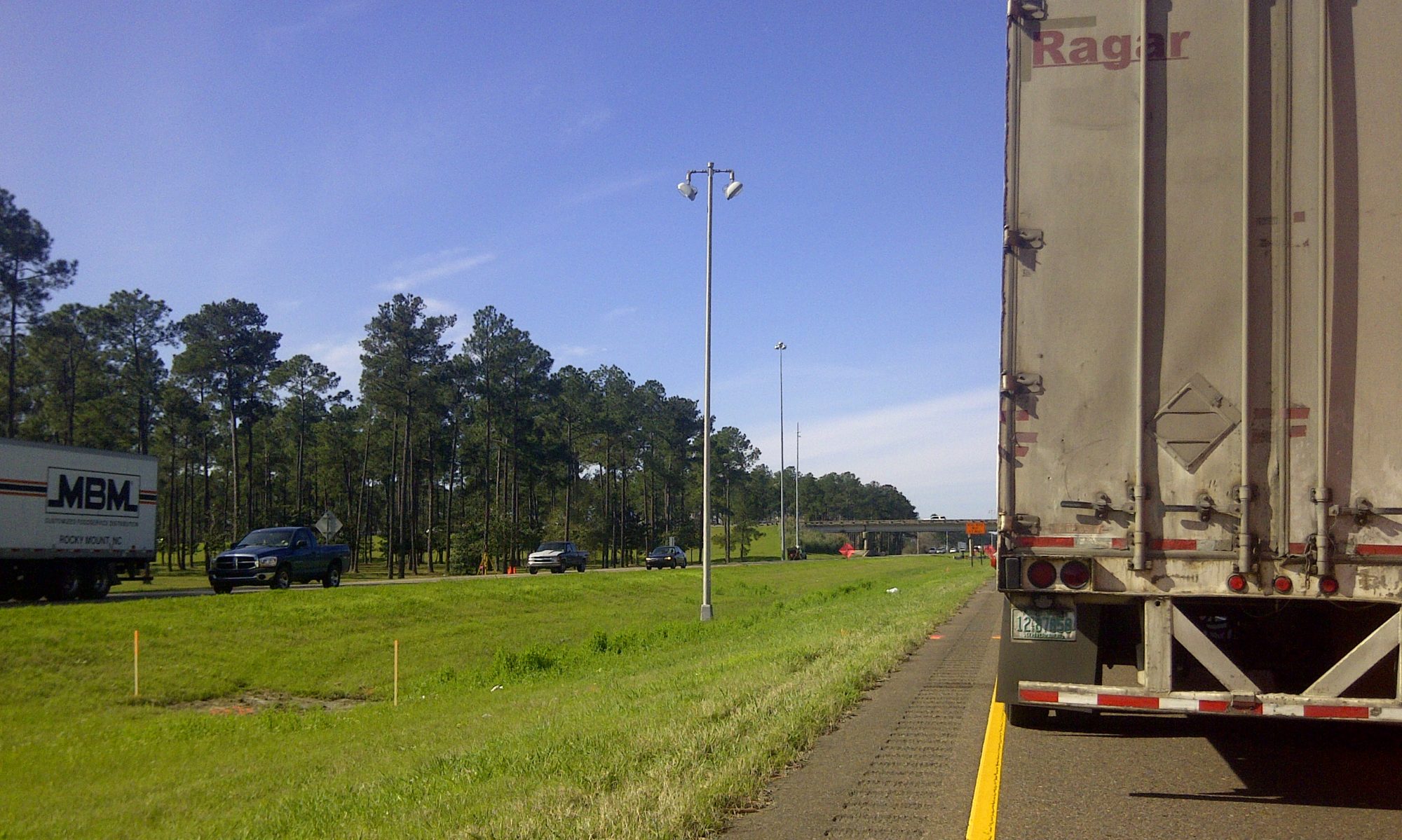https://www.fhwa.dot.gov/planning/freight_planning/talking_freight/december_2018/
Several months ago, I approached Chip Millard about the question of freight data and geography, and so we worked together to put together this session. I hope you can register and join in!
Registration is now available for the December 19 Talking Freight Seminar.
Date/Time: December 19, 2018 1:00 – 2:30 pm ET
Topic: Using Freight Data in the Proper Geographic Contexts: Challenges and Opportunities
Registration: https://ops.fhwa.dot.gov/freight/fpd/talking_freight/index.htm
Description and Presentations: While freight activity utilizes a mix of different networks, from the global to the local, each movement depends on the same transportation system. In many cases, a study area’s geography may be small when compared the users on the system (a local connector study) or so broad that geography may not matter (national traffic patterns). Not all freight transportation data can be used at every geographic level; some data can only be used for macro-level geographic analyses, while other data are only appropriate to use at small-scale or micro-level geographies. For transportation agencies and companies that are interested in conducting freight transportation analyses for larger geographies, such as for an entire state or along an entire multijurisdictional corridor, or for smaller geographies, such as for a metropolitan area or county, conducting those analyses can be challenging because data may not be useful for the required level of analysis without additional, analytical rigor. There are also different of uses for freight data, ranging from simply education to project prioritization, which are not necessarily the traditional mode, commodity, and origin/destination freight data approach.
There are various transportation data sources in the public and private sector. Some of these sources are freight transportation-specific, like the Freight Analysis Framework, while others contain more general measures (demographic, economic, etc.) or geographic data (roadway networks, traffic counties, etc.) that can be adopted into a freight study. Many challenges exist when transforming data to the proper geographic scope, where the planner’s needs are aligned with the required planning needs.
This webinar will discuss how different transportation entities are examining freight transportation using geography as the research goal, and are trying to make freight data “fit into” the study area. The presenters will focus on the challenges they have faced in conducting freight analyses at both large and small-scale geographies, and provide insights concerning where data gaps exist and/or future research needs regarding program management, operations, performance metrics, or general planning needs.
Using Freight Transportation Data to Understand the Differences between Metropolitan Areas within a State
A series of presenters will provide an overview of a state DOT’s efforts to understand freight flows within their state through research programs to address freight data gaps.
SPEAKERS:
- Joel Worrell, Florida Department of Transportation
- Thomas Hill, Florida Department of Transportation
- Holly Cohen, Florida Department of Transportation
Utilizing Freight Transportation Data to Help Prioritize Projects along Key Freight Corridors (SmartScale) and Address Truck Parking Needs
This presentation will discuss how Virginia DOT has identified large and small-scale project needs along key freight corridors within the state.
SPEAKER:
- Erik Johnson, Virginia Department of Transportation
Using Freight Transportation Data to Examine Last Mile Freight Transportation Needs
This presentation will examine how freight traffic volume information can be integrated into regional and local land use planning.
SPEAKERS:
- Michael Brown, Metro Analytics
- Chandler Duncan, Metro Analytics
If you have not yet participated in Talking Freight, I encourage you to do so. These monthly seminars, sponsored by the Federal Highway Administration, are held via web conference, which means that you view the PowerPoint presentations over the Internet while listening to the presenters over your computer or the telephone. There is no cost involved and you do not have to leave your desk to participate. More information about Talking Freight is available at http://www.ops.fhwa.dot.gov/freight/fpd/talking_freight/index.htm Links to past presentations and recordings are available on http://www.fhwa.dot.gov/freightplanning/talking.htm.


